Kgosientsho Ramokgopa, President Cyril Ramaphosa’s new electricity czar, is faced with fixing a problem that no one has been able to resolve in the past 16 years: end rolling blackouts or diminish their severity.
In his long-awaited Cabinet reshuffle, which was mostly regarded as deeply disappointing for its lack of dramatic changes to a largely ineffective Cabinet, Ramaphosa revealed that Ramokgopa would be appointed as his first Minister of Electricity.
There are a lot of expectations resting on Ramokgopa’s shoulders. He now has the herculean task of easing the pain of blackouts by overseeing efforts to fix Eskom and ensuring that newly generated electricity is connected to the national grid for the first time since 2018. After all, time is running out for South Africa to turn the corner on the electricity front.
In the same week that Ramokgopa’s new job was announced, it was revealed that the economy had shrunk by 1.3% in the last three months of 2022, far more than was expected. Business confidence levels had also sunk to the lowest level in two years, indicating that business owners are growing pessimistic about economic conditions in South Africa. And S&P Global unexpectedly downgraded South Africa’s credit rating, lowering the country’s chances of ever digging itself out of “junk” status.
All these negative economic developments have been caused by rolling blackouts, which have become a permanent fixture – the last respite the nation has had from power outages was on Christmas Day 2022.
Since Ramokgopa’s appointment, there have been questions about whether he’s the right person for the job and will inject new energy for delivery in Ramaphosa’s largely uninspiring Cabinet. Importantly, people want to know his ideas on easing or ending the power crisis.
DM168 asked Ramokgopa for an interview after his appointment was made public. On Tuesday, he committed to an interview for Thursday, but failed to honour it. His phone was switched off. Not an encouraging sign for a person we expect to keep us switched on.
Regardless, DM168 canvassed the views of industry players from energy, business, politics and labour. Some of them have worked with Ramokgopa and could offer an assessment of his track record and approach to governance.
The response was mixed, with some giving him the benefit of the doubt, saying he might have some success in the new job, whereas others felt deeply sceptical because of his chequered past in government.
About Minister Sparky
Ramokgopa is one of Cabinet’s most highly qualified people, and holds three degrees: a PhD in public affairs and degrees in civil engineering and public administration, according to his LinkedIn profile. His experience in government includes being the mayor of Tshwane from 2010 to 2016, when he oversaw several governance scandals, in particular a finding by the Auditor-General in June 2016 that the City had spent irregularly on a contract to a company called PEU for prepaid electricity meters.
The business rights watchdog AfriSake (now Sakeliga) challenged the entire deal, worth more than R1-billion, in the high court in Pretoria, which found the contract between the City and PEU to be unlawful and constitutionally invalid. A subsequent investigation by the Public Protector in 2017/18 also found the contract in violation of the Constitution.
After the 2019 general election, Ramokgopa had a short stint as MEC for economic development and agriculture under the then Gauteng premier David Makhura.
Ramokgopa is Ramaphosa’s trusted aide and has worked closely with him in the corridors of the Presidency. Most recently, he had been Ramaphosa’s adviser on infrastructure projects in the Presidency, tasked with mobilising public and private sector players to collaborate in ramping up infrastructure investments to grow the economy and create jobs.
Realising that the government had neglected infrastructure investments over the previous 14 years – including delivering water to communities, building bridges in rural areas, and towers that promise high-speed internet access for public schools and hospitals – Ramaphosa, in 2019, created an investment and infrastructure office in the Presidency headed by Ramokgopa.
After all, during this time, South Africa had moved further away from the National Development Plan’s goal for fixed capital investments (including infrastructure investments) to reach 30% of GDP by 2030. From a level of 22% of GDP in 2008, fixed capital investment levels fell to 20.3% in 2015 and further down to 17.9% in 2019. It was at a new low of 13.1% in 2021.
Chief Justice Raymond Zondo swearing in Minister of Electricity Kgosientsho Ramokgopa at a ceremony in Cape Town, 7 March 2023. (Photo: Elmond Jiyane / GCIS)
Enthusiasm but little progress
Ramokgopa’s office embraced Ramaphosa’s goal of the government spending at least R100-billion on infrastructure projects over three years and ensuring that they are shovel-ready. This goal has not been achieved.
In about three years, Ramokgopa’s office – working with development finance institutions such as the Development Bank of Southern Africa as well as private sector players – has come up with about 13 infrastructure projects worth R48.8-billion. These have raised funding but have not been delivered on the ground. This is largely what Ramokgopa’s office has to show.
Someone who worked closely with Ramokgopa in his infrastructure office says there was increasing unhappiness in the Presidency in 2022 with his lack of progress. “He [Ramokgopa] is a triumph of public relations and hot air over action, with continual trips around the world that have delivered nothing on infrastructure projects.”
Commercial banks and other financiers were also increasingly fed up with unfulfilled promises made by Ramokgopa’s office to reduce government red tape and improve its capacity to break new ground on infrastructure projects.
There simply aren’t a lot of engineers and project managers in local government and provinces to initiate and manage projects, which means South Africa has few or no new infrastructure projects to fund or showcase to private sector investors.
“Banks were fed up with sitting in the same endless quarterly meetings [with Ramokgopa’s team] and with no bankable infrastructure projects and no movement,” the insider said.
Ramokgopa’s defenders say he was able to bring public and private players together, creating collaborative opportunities – something that is still new in government circles.
Visit Daily Maverick’s home page for more news, analysis and investigations
Major hurdles ahead
Considering that Ramokgopa largely struggled in the infrastructure world, he will arguably face more challenges in electricity generation, which is fraught with politics and vested interests.
In fixing the electricity crisis, he will have to contend with Public Enterprises Minister Pravin Gordhan (in charge of Eskom’s governance affairs), Mineral Resources and Energy Minister Gwede Mantashe (who has powers to procure additional electricity from coal, nuclear and renewable energy sources) and Finance Minister Enoch Godongwana (in charge of restructuring Eskom’s R423-billion debt). He will also have to deal with the Eskom board (reporting to Gordhan), a yet-to-be appointed Eskom CEO and newly appointed Cooperative Governance and Traditional Affairs Minister Thembi Nkadimeng (in charge of the recently published state of disaster regulations on the electricity crisis).
It’s a case of having too many cooks in the kitchen on the energy matter, says Chris Yelland, energy analyst at EE Business Intelligence. “This is a complex governance structure and explains why decision-making on energy has taken a lot of time. Now we are adding a fifth minister [for electricity] to the mix. It will make the reporting and accountability lines more complex.”
This is because most of the ministers involved have opposing views on the direction of Eskom and the country’s energy policy. Mantashe is deeply suspicious of the renewable energy industry and favours the coal industry, and sees the state playing a big role in the running of coal-fired power stations.
Meanwhile, Godongwana wants Eskom’s coal-fired power stations to be concessioned to private operators. Though open to renewable energy sources, Gordhan is seen as a micromanager who tends to be involved in the day-to-day running of Eskom, going against best governance practices.
“If you have a big problem like load shedding, you sometimes have to break it down into different responsibilities and allocate those responsibilities to different people. That would be a good response if all ministers were on the same page, with a clear, common and coordinated vision for fixing the power situation. But the ministers are not on the same page,” says Yelland.
Ramokgopa might also have opposing ideas, but his first remarks after being sworn into Cabinet were that he didn’t have a new plan. He was there to implement Ramaphosa’s energy emergency plan, which was announced in July last year and is premised on procuring more energy from independent power producers and improving the performance of Eskom’s power stations.
He refused to give a timeline for when he thinks blackouts might end, saying it would be “irresponsible” to make such predictions. But his colleagues have proffered such predictions, with ANC Secretary-General Fikile Mbalula and Godongwana saying rolling power outages could end in the next nine to 18 months.

From left: Gwede Mantashe, Minister of Mineral Resources and Energy. (Photo: Gallo Images / Brenton Geach) | Thembi Nkadimeng, Minister of Cooperative Governance and Traditional Affairs. (Photo: Jaco Marais) | Finance Minister Enoch Godongwana. (Photo: Gallo Images / Ziyaad Douglas) | Minister of Public Enterprises Pravin Gordhan. (Photo: Gallo Images / Victoria O’Regan)
Powers that are yet to be
Ramaphosa has pledged to transfer constitutional powers to Ramokgopa, empowering him to make decisions on energy matters and taking some powers away from Gordhan and Mantashe.
The new State of Disaster regulations give the government the authority to transfer or assign any responsibilities from one minister to another. But it is unclear what Ramokgopa’s role is, considering that Ramaphosa has not yet gazetted the powers of the new electricity minister or any power transfers from Gordhan and Mantashe.
DM168 understands from a Presidency insider that Ramokgopa will be responsible for the day-to-day operations of Eskom, including bringing an end to blackouts and implementing Ramaphosa’s energy plan.
But Gordhan will still have a say in efforts to restructure Eskom’s operations, including completing the power utility’s unbundling into three parts (especially establishing a transmission company called the National Transmission Company of South Africa), and the power utility embracing the just energy transition programme.
Mantashe will still be responsible for the procurement of additional energy as well as overseeing state-owned enterprises such as the Central Energy Fund, SA Nuclear Energy Corporation, Petro SA, and the regulatory affairs of Nersa.
Organised business and labour were against the introduction of a ministry for electricity, seeing it as a duplication of existing roles in Ramaphosa’s bloated Cabinet.
But Cas Coovadia, the CEO of Business Unity South Africa, the country’s largest business organisation, says he’ll judge Ramokgopa on the implementation of the proposed plans to end blackouts, which Mantashe has allowed to drift.
Matthew Parks, the parliamentary coordinator for trade union federation Cosatu, agrees with Coovadia. “We cannot grow the economy or reduce unemployment with 10 hours of load shedding a day. Eskom needs to be given all the support it requires to end load shedding.”
Opinions are divided over Sputla’s appointment
Kgosientsho “Sputla” Ramokgopa’s tenure as City of Tshwane mayor was a chequered affair. There are some folks who believe the recently appointed Minister of Electricity was good at his work, but others believe he left the metro in a worse state than he found it.
Ramokgopa succeeded his aunt, Gwen Ramokgopa, as mayor in November 2010 and served in the position until he left under acrimonious circumstances in 2016. This came after then little-known lawyer and Tshwane ANC deputy regional chairperson the now late Mapiti Matsena contested with him for the position of the ANC’s candidate mayor in the impending local government elections of August 2016. Ramokgopa believed the ANC should retain him as mayor, whereas Matsena felt that as the regional chairperson he should assume the mayorship.
A so-called compromise was made by ANC structures to ease the conflict and Thoko Didiza stood in as a compromise candidate for the mayorship of Tshwane.
This move by the ANC led to violence in the townships of Tshwane, especially Mamelodi, in June 2016.
MEC for Education in Gauteng Matome Chiloane, who was at the time ANC Youth League chairperson, heaped the blame on Ramokgopa for the violence, saying that he had failed to unite the ANC in the region.
But to others in the party, such as Tshwane councillor Dr Kgosi Maepa, Ramokgopa is the human equivalent of manna from heaven. “We have seen his intellectual prowess, ability and capability. We agree with the President that he is a suitable candidate to execute the … challenge of energy production for our country.”
Opposition parties and community organisations disagree.
If you consider Sputla Ramokgopa’s legacy in collapsing the City of Tshwane, and the malfeasance that took place under his watch, it is deeply concerning that such an individual could be placed in charge of addressing the challenge of ending load shedding…
Azapo Deputy President Kekeletso Khena sees Ramokgopa’s appointment as a “farce and a waste of money”, arguing that the new electricity czar had delivered nothing in his political career, and saying that “he, like President Cyril Ramaphosa, is brilliant at selling pipe dreams”.
Pan Africanist Congress of Azania spokesperson Jaki Seroke raised concerns that there had been claims that Ramokgopa might have to answer for corruption issues around infrastructure development projects in Tshwane at the time he was the mayor. He also expressed doubt about whether Ramokgopa would be able to work hand in hand with powerful figures such as Gwede Mantashe and Pravin Gordhan.
Oupa Mtshweni, the founder of Concerned Residents for Service Delivery in Mamelodi, lambasted Ramokgopa for having failed to deliver services to the community of Mamelodi during his tenure as mayor.
“To tell you the truth, Ramokgopa was more concerned about delivering services to his home town of Atteridgeville and didn’t care much about the rest of the townships in Tshwane. He commissioned the building of backrooms for the people of Atteridgeville while the same was not done in the rest of Tshwane,” lamented Mtshweni.
Duke Masemola, former leader of Phomolong squatter camp community, in the far east of Mamelodi, said he was sceptical about Ramokgopa’s ability to carry out the mammoth task of making sure that South Africans are consistently supplied with electricity. “The man failed to prioritise our relocation from the squatter camp to a more habitable place after making many promises to do so.
“He also failed to implement his informal settlement formalisation plan … Now how is he going to deal with the load shedding matter?” asked Masemola.
ActionSA’s spokesperson, Michael Beaumont, was even more scathing. “If you consider Sputla Ramokgopa’s legacy in collapsing the City of Tshwane, and the malfeasance that took place under his watch, it is deeply concerning that such an individual could be placed in charge of addressing the challenge of ending load shedding…”
The DA’s mayoral candidate in the City of Tshwane, Cilliers Brink, concurred with Beaumont, saying: “As for Sputla’s legacy in Tshwane, it was a financial disaster for the City. The City still hasn’t recovered from the damage done by the PEU [smart meter] contract.”
Ramokgopa had not responded at the time of going to press to DM168’s queries regarding allegations of financial mismanagement and failure to take remedial action during his stint as the mayor.
The allegations are as follows:
PEU prepaid smart meter contract of 2012: In 2012, PEU started as a contractor rendering advisory services on how the City could save money by implementing smart prepaid meters. But PEU ended up as a service provider. This after its subsidiary, Tshwane Utility Management Services, was awarded a tender to install smart prepaid electricity meters in Tshwane. When the contract was terminated because it was discovered by the Auditor-General to have been awarded irregularly, the City of Tshwane nevertheless agreed to pay out R950-million to PEU as compensation for the termination. In 2018, the North Gauteng High Court finally ruled that both the original contract and its termination deal were unconstitutional.
Failed Tribe One music festival: R65-million was spent on a music festival headlined by US singer Nicki Minaj that never took place. Minaj had been billed to perform at a three-day music festival in September 2012 in the Tshwane suburb of Cullinan.
Former Tshwane mayor Solly Msimanga said Tshwane was “technically bankrupt” when the DA won control of the metro after the August 2016 local government elections. He said his predecessor, Ramokgopa, had inflated the number of staff to more than 900, costing almost R250-million a year in salaries. Additional reporting by Peter Mothiba / DM168
This story first appeared in our weekly Daily Maverick 168 newspaper, which is available countrywide for R25.

![]()


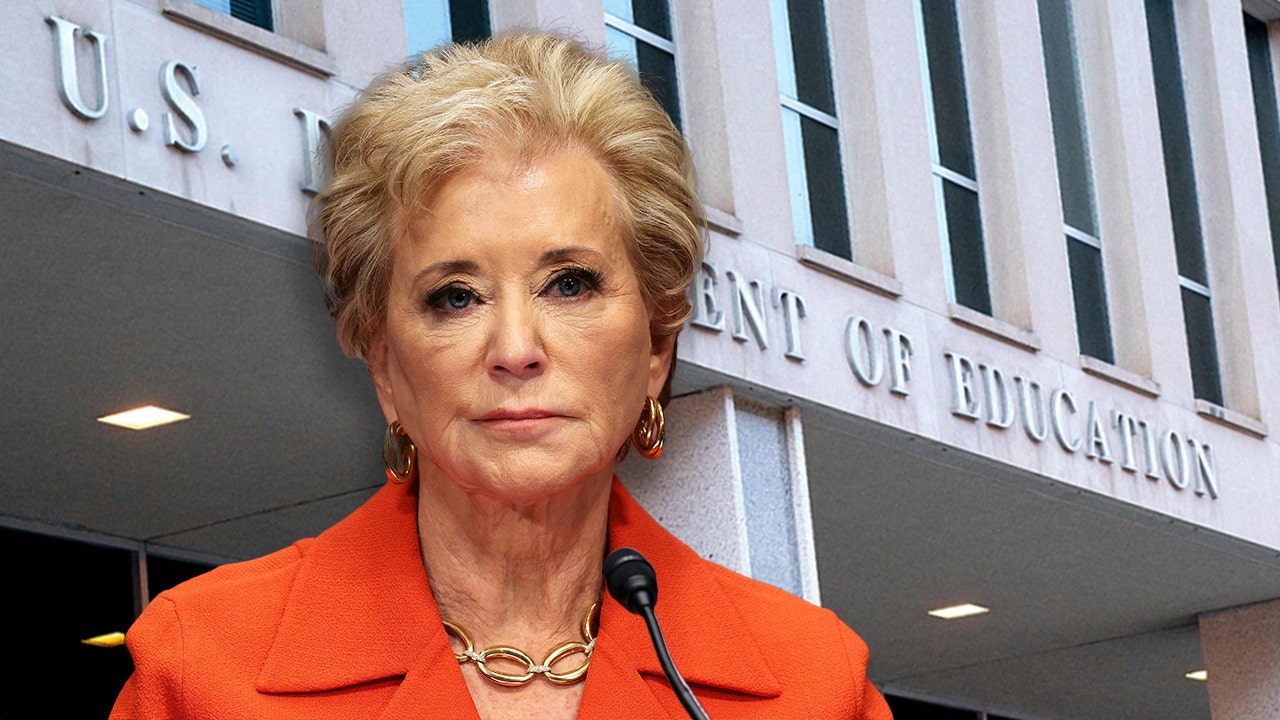


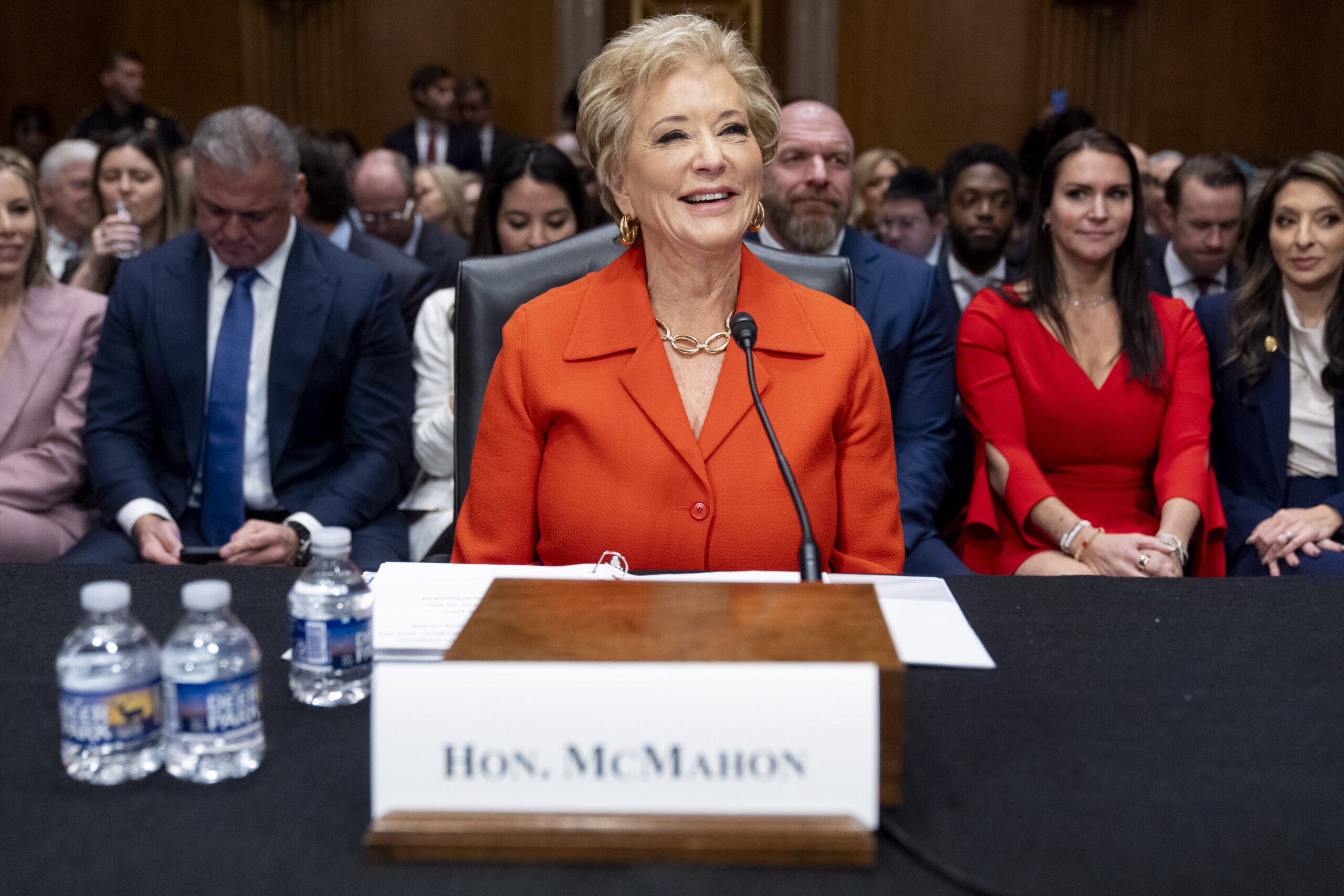


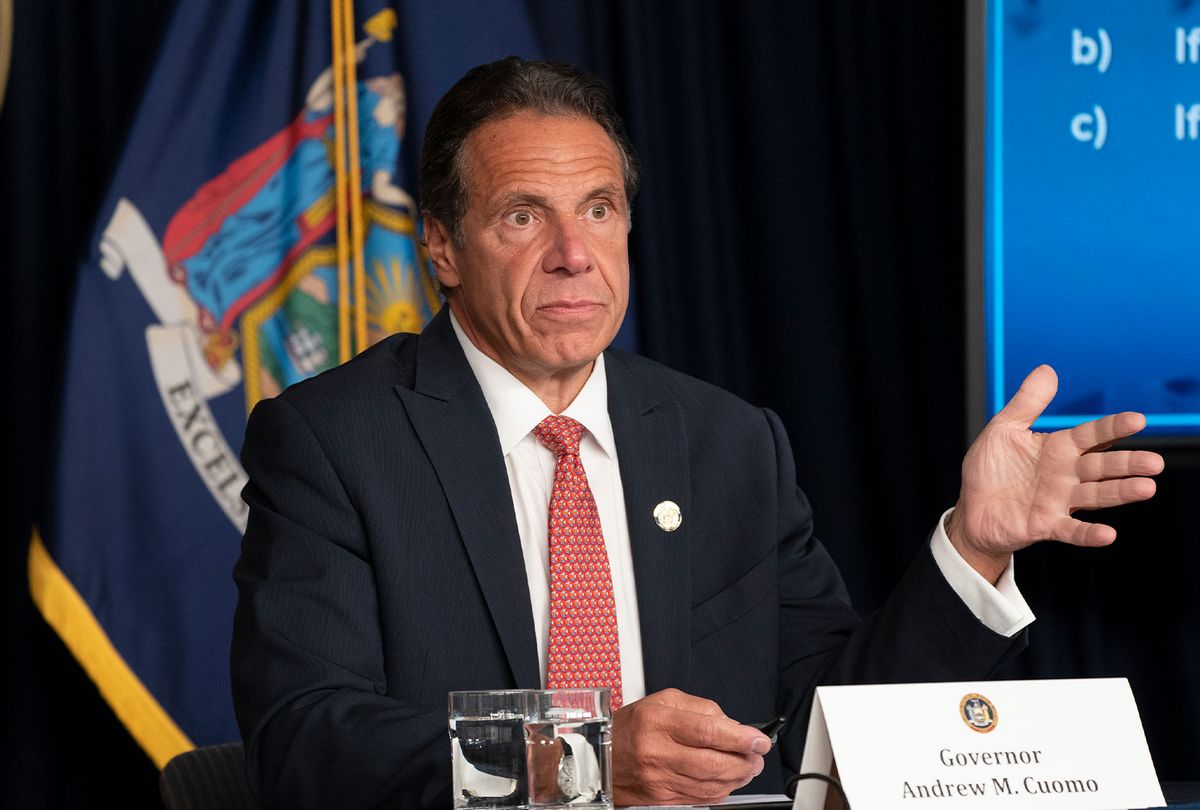




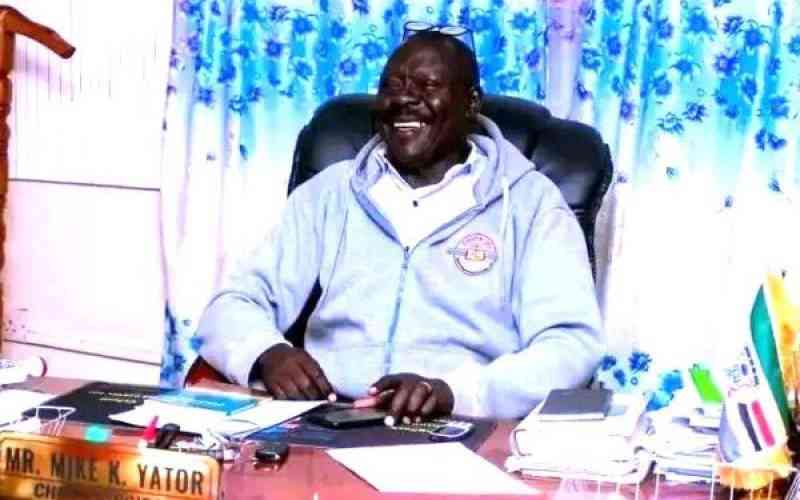
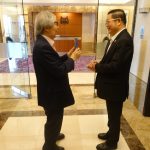
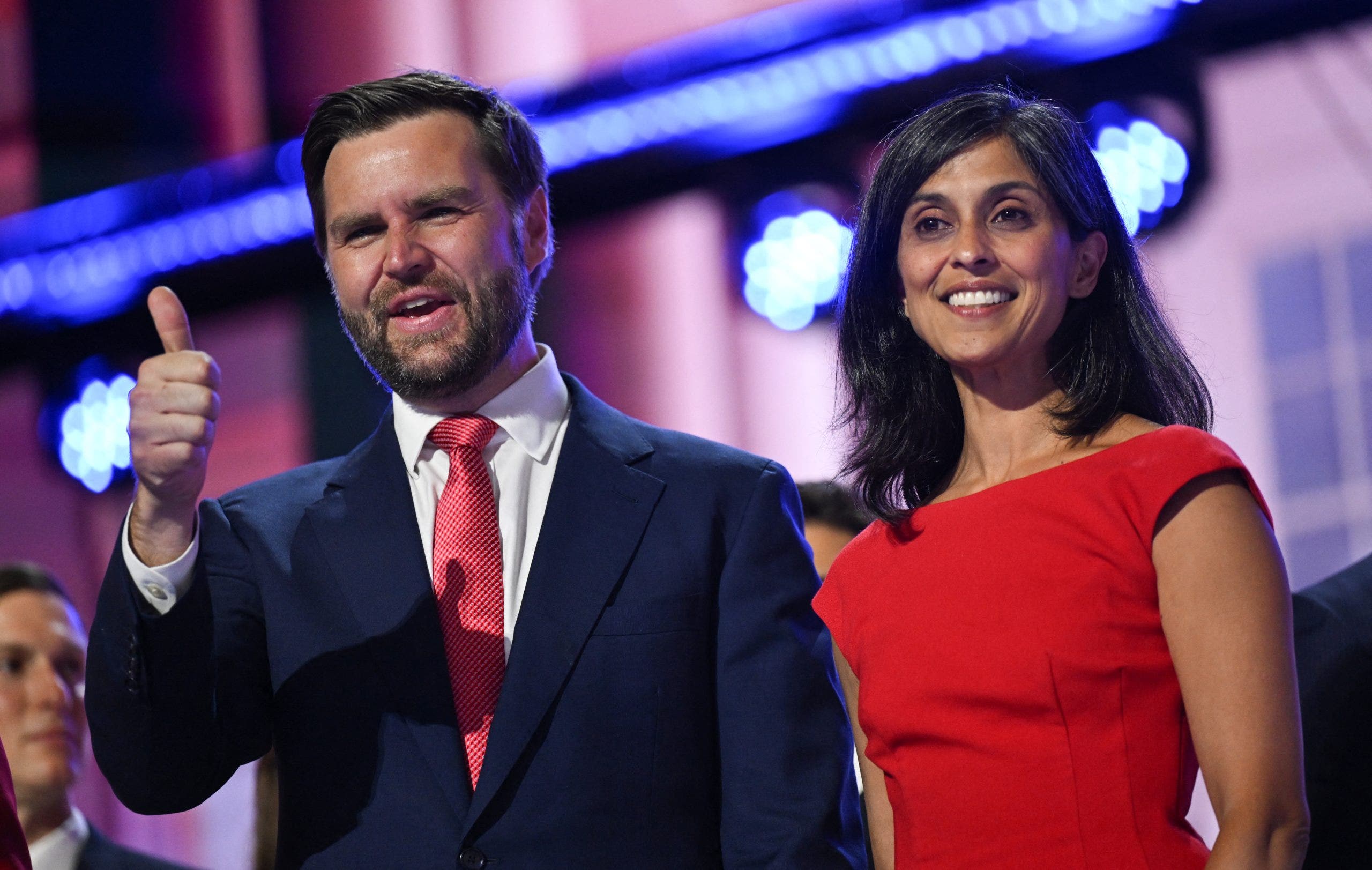




Discussion about this post